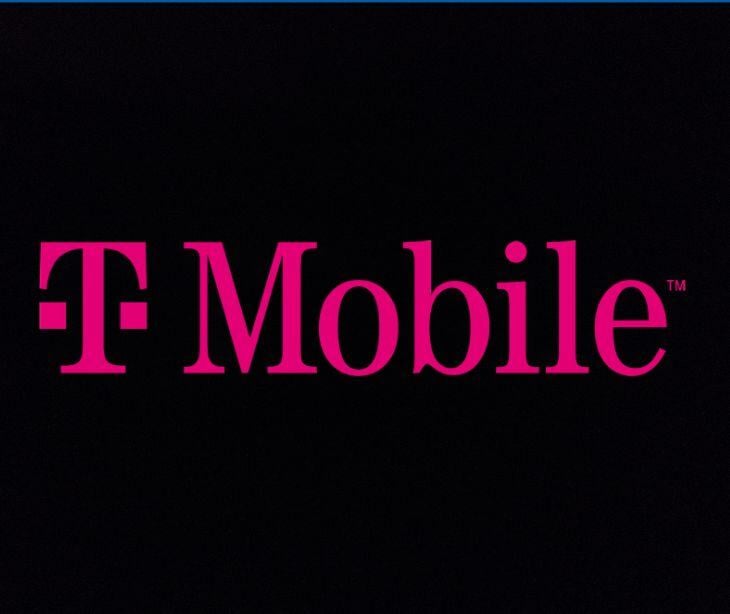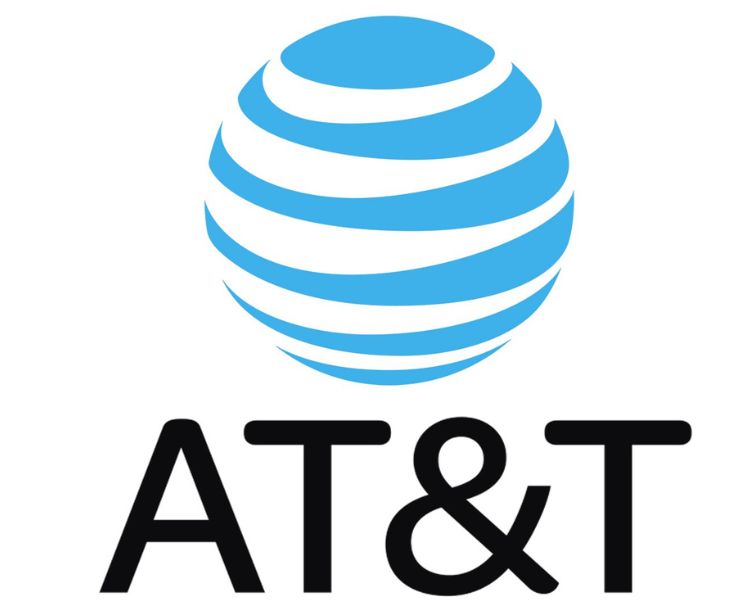
Telecommunications giant T-Mobile has been ordered to pay a record-breaking $60 million settlement over allegations of failing to disclose and properly address data breaches that occurred following its merger with Sprint in 2020.
What happened
T-Mobile's alleged failures to disclose data breaches and take appropriate action violated a national security agreement that was a prerequisite for the company's $26 billion acquisition of Sprint. Specifically, the telecommunications firm is said to have neglected to promptly report certain data leaks and did not adequately address the breaches of sensitive information, both of which were in direct contravention of the terms of the agreement.
This penalty, levied by the Committee on Foreign Investment in the U.S. (CFIUS), marks the largest fine ever imposed by the agency, proving the gravity of T-Mobile's missteps and the significance of the national security implications involved.
Going deeper
Typically, CFIUS does not publicly identify the companies involved in such cases, making the agency's decision to single out T-Mobile a substantial shift from its standard practice. According to an unnamed U.S. official cited by Reuters, this unusual approach may be intended to send a clear message to the broader business community about the consequences of failing to comply with national security agreements.
The record-breaking nature of the fine imposed on T-Mobile, coupled with CFIUS' uncharacteristic transparency, suggests that the agency is taking a more assertive stance in enforcing its regulations. This shift could have far-reaching implications for other companies that may be tempted to overlook or downplay their contractual obligations related to national security concerns.
What was said
"The $60 million penalty announcement underscores the committee's focus on strengthening CFIUS enforcement by ensuring companies are held accountable when they fall short of their obligations," one U.S. official said, adding that "transparency in enforcement actions motivates other companies to meet their responsibilities."
In the know
T-Mobile, like many other companies, has experienced multiple data breaches in recent years. In 2021, the company revealed a security incident where personal details of more than 50 million current, former, and prospective customers were found for sale online. That estimate later rose to over 76 million U.S. residents whose records were exposed. In 2023, T-Mobile disclosed that hackers had accessed data, including birth dates and billing addresses, for about 37 million customers.
Why it matters
The $60 million penalty imposed on T-Mobile by CFIUS illustrates the risks of failing to disclose and manage data breaches. This case reflects the increasing focus on data security and transparency while demonstrating regulators’ determination to take decisive action when companies fall short of their obligations.
FAQs
What is a data breach?
A data breach is an incident where sensitive, protected, or confidential data is accessed, disclosed, or stolen by unauthorized individuals. This can include personal information such as names, social security numbers, credit card details, and medical records. Data breaches can occur through various means, such as hacking, malware attacks, insider threats, or inadequate security measures.
Can legal action result from a data breach?
Yes, legal action can result from a data breach, as affected individuals or organizations may sue for damages caused by the breach.
How can healthcare organizations prevent data breaches?
Healthcare organizations can reduce the risk of data breaches by implementing strong cybersecurity measures, conducting regular security training for employees, and using encryption to protect sensitive data.
What should a healthcare organization do immediately after discovering a data breach?
Upon discovering a data breach, a healthcare organization should contain the breach, assess the scope of the impact, notify affected individuals and relevant authorities, and begin an investigation to understand how the breach occurred and how to prevent future incidents.
Subscribe to Paubox Weekly
Every Friday we'll bring you the most important news from Paubox. Our aim is to make you smarter, faster.




